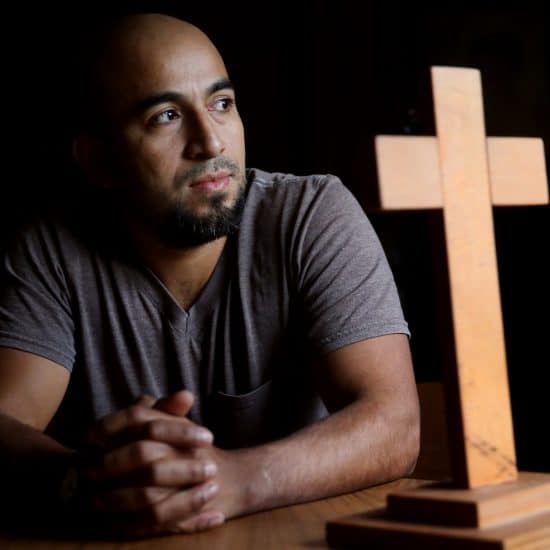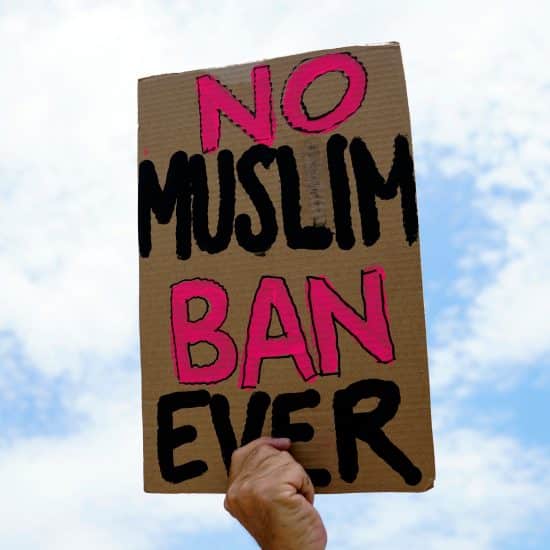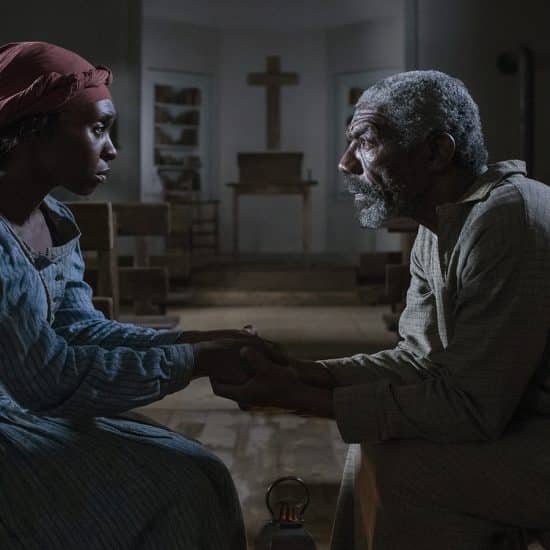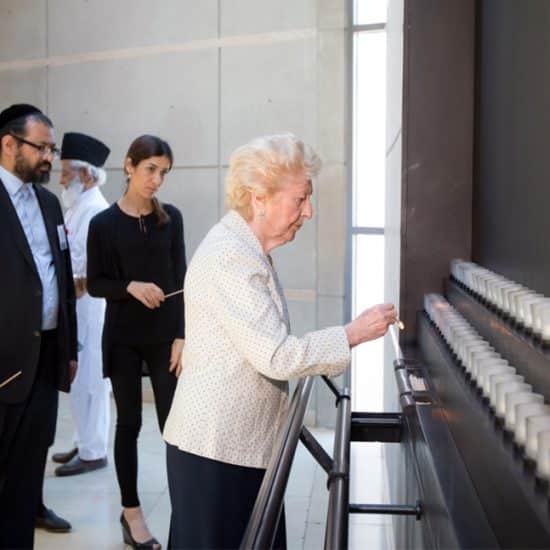Independence was on the minds of Americans over the past weekend. We celebrated Independence Day — or the Fourth of July — in various ways ranging from family picnics to community celebrations. Many of us listened to politicians seeking election or reelection this fall. We may have witnessed fireworks choreographed to patriotic music.

Bill Webb
|
Many of us recalled the earliest history of our nation, the American Revolution and the Declaration of Independence from King George III and the United Kingdom of Great Britain, officially declared on July 4, 1776. That was a mere 234 years ago.
Perhaps the holiday prompted us to think about freedom — a double-edged concept. Freedom usually begins as a respite from some sort of bondage or control. It is freedom from something or someone. Once we are freed, it becomes freedom to, as freedom carries with it responsibility, accountability and opportunity.
More than 25 years ago, I became acquainted with the operator of a small restaurant. His place was within walking distance of my office, and he made good Italian sandwiches and pizza. He was always outgoing and talkative, rarely pausing as he baked bread, made sandwiches and salads, and crafted pizzas.
Sometimes his wife, son and daughter helped out in the restaurant. He would brag on the children’s accomplishments at school or in other activities. They were a tight-knit family with a strong work ethic.
It was brought to my attention that my friend was preparing to become a citizen of the United States. I was aware of his Italian roots; he was proud of his heritage. But I had not been aware that he was not already an American citizen. The day after he was sworn in as a naturalized citizen, I brought him a cake decorated in red, white and blue with “Congratulations” scripted across it in icing.
The path to become a naturalized citizen requires will and perseverance. Generally speaking, a candidate must have been a permanent resident in the United States for at least five years before officially applying for naturalization.
A naturalization test is required to demonstrate that the person is able to read, write and speak basic English and has a basic knowledge of U.S. history and government. Fingerprints and an interview also are required at a U.S. Citizenship and Immigration Services facility.
My friend was required to put forth a lot of effort to achieve his goal of U.S. citizenship. By contrast, I became a citizen at the moment I was born on American soil. While I could be prone to take my citizenship for granted, my friend has too much invested for that to happen to him. It was a conscientious adult choice.
Yes, freedom may mean there are certain things we can decide not to do. We are free to say no when an opportunity or challenge comes our way. We may decide we are free to ignore the expectations others have of us.
But freedom also frees us to do for others. Believers know that to whom much is given, much shall be required. We have been made free in Christ, and we dare not fritter away that freedom.
Freedom is an active word. It is no wonder that we say we exercise freedom. We treat it as the gift that it is. It is not the kind of gift that sits well hidden under a bushel basket, but one that demands deep gratitude and action. Freedom in Christ is empowering; it calls us to Him and to pursuit of His will.
Bill Webb is editor of Word&Way.




